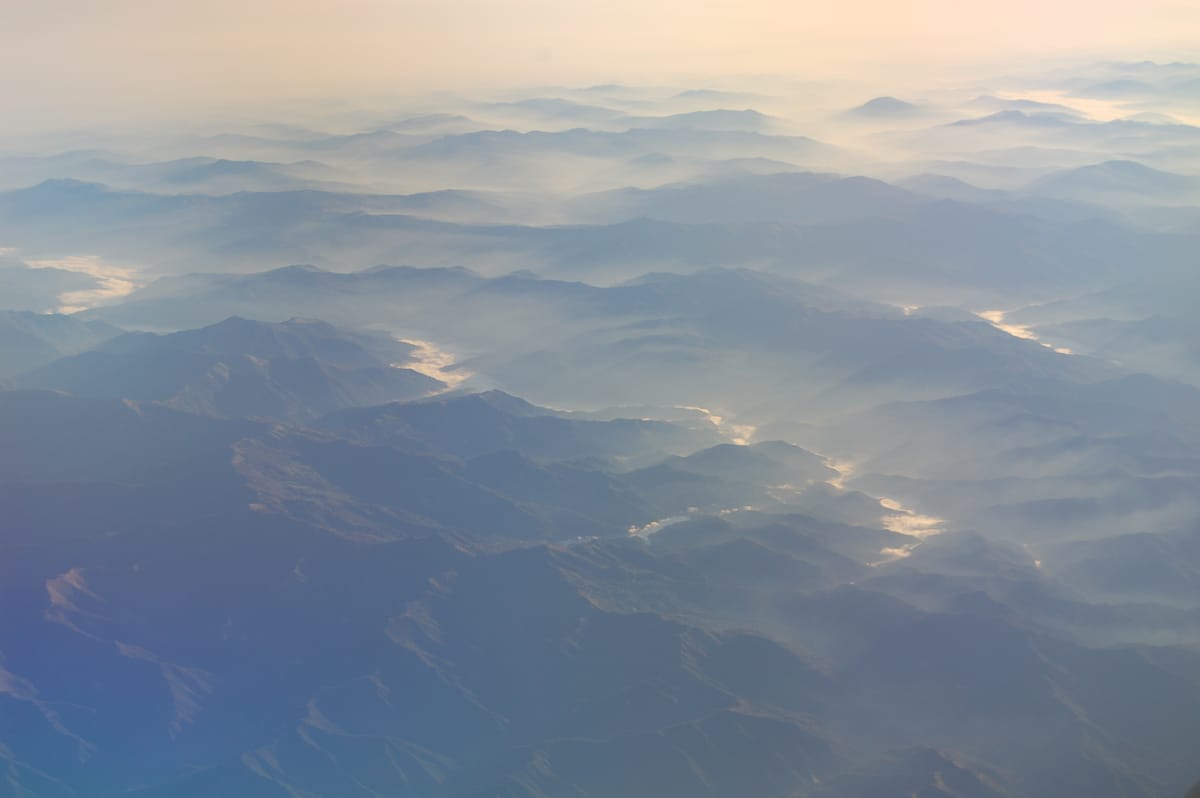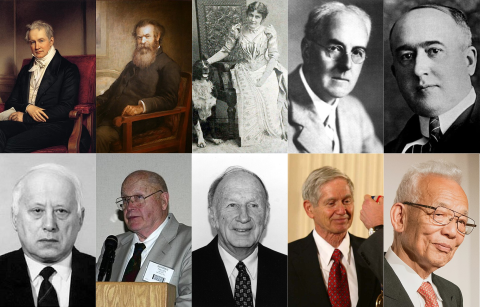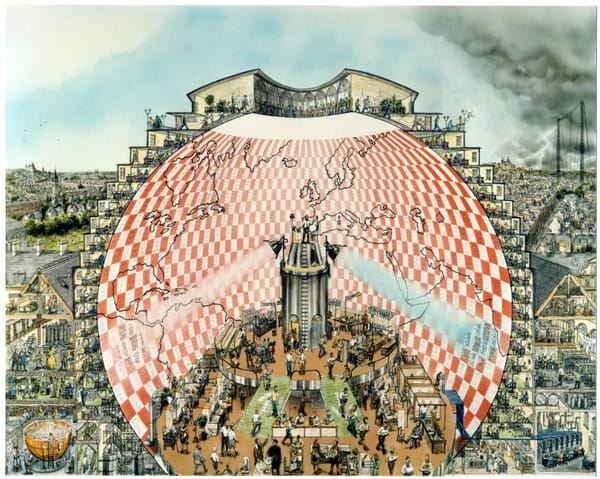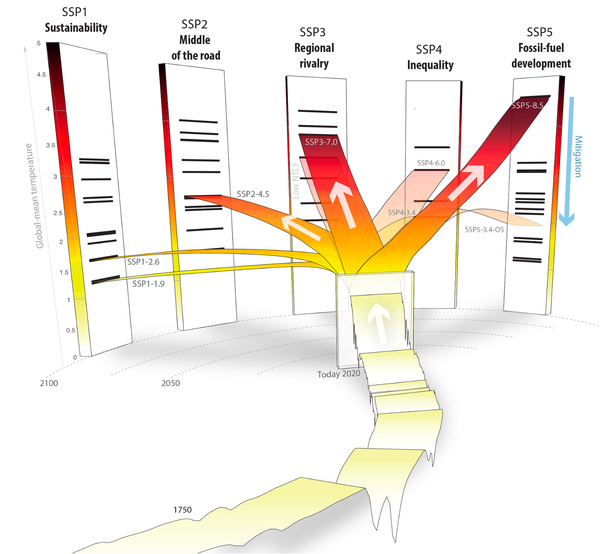About EarthCastings

Planet earth must be one of the best kept secrets on … well, on planet earth. We all live here, so you’d think most of us would know a bit about the place. But it turns out there’s an awful lot to know about our planet’s life and times, and only a tiny fraction of that shows up in K-12 classrooms. In my experience, most people are vaguely aware that the earth is pretty old, that dinosaurs once walked the land, and that at some point there was an ice age (or was it more than one?). News stories (and occasionally personal experiences) remind us from time to time that planet earth can get grumpy, what with earthquakes, hurricanes, landslides, volcanic eruptions, and so on. Beyond that, though, most of the lore of planet earth remains hidden, tucked into the corners of libraries and the halls of specialist conferences. Who knew, for example, that today’s frozen Arctic was once home to lush rainforests? That earth had little or no breathable air for a lot of its history? That North America was once split in two by a shallow ocean? That our planet’s orbital dance with Jupiter and Saturn makes ice ages come and go? That the Mediterranean Sea once dried up, only to refill when the Atlantic burst through again, filling the world’s mightiest waterfall? It hardly seems fair that scientists should keep these epic tales to themselves.
I find geo-stories utterly fascinating. In the early 1990s, that fascination drew me into a professional career as a researcher and educator in earth science. I have now spent most of my adult life studying and teaching geoscience. That long experience has only deepened my enchantment with planet earth. One purpose of this newsletter, then, is to share my own love of geoscience with readers who are curious about our planet’s life and times but may never have had the opportunity to take a geology course or otherwise learn much about the subject.
This newsletter is also partly an ode to science generally, and the people who do it. The honest answer to the “who knew” question above is: “no one”. No one knew any of these things until people began gathering clues using that systematic process of investigation known as science. Science, it turns out, adds up to a lot more than just a collection of random facts to be memorized. Yes, it’s true that we often describe our existing hard-won knowledge of the natural world as “science”. But there’s a lot more to it than that. Science is a process: an open-minded quest for understanding the world around us, grounded in the principle that new knowledge can only be derived from evidence—and not, for example, from wishful thinking, from soaring rhetoric, or from the say-so of some particular person in power. Science, with its collective and self-correcting mechanisms, turns out to be a very effective means of discovery. Still, scientists are just human beings, and the stories of people who have contributed to understanding planet earth in the past are often just as interesting as the discoveries themselves. In this newsletter I plan to share some of those human stories alongside the geological ones.
Having now spent more than a quarter century as a university faculty member, I will sometimes use this space to reflect on various issues around learning and teaching, especially in the US higher education system. I might also occasionally venture into broader social issues and current events. But most of this newsletter will focus on earth science: what makes it so fascinating, and why it continues to be so vital to modern society.




